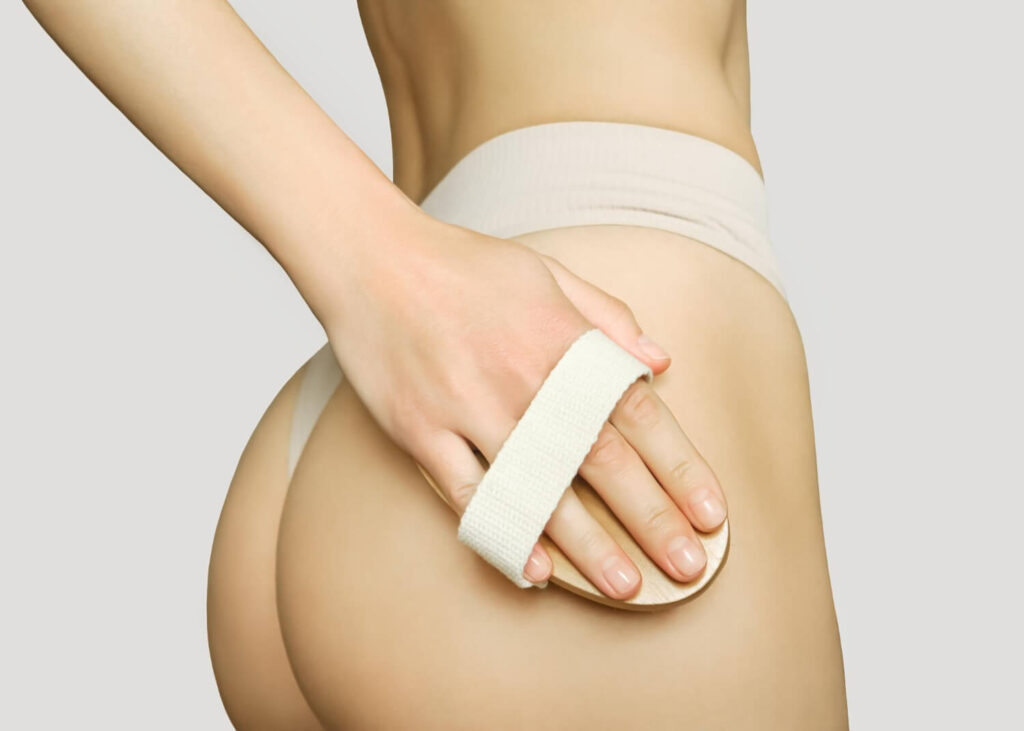Undergoing a Brazilian Butt Lift (BBL) brings a lot of excitement, but recovery tends to come with its share of questions.
Among them, the topic of BBL smell often stands out. Those who have experienced this procedure may notice a particular smell during the healing phase, leading to curiosity or concern about what’s actually happening.
This isn’t something that gets a lot of attention before surgery, yet it often becomes one of the most talked-about aspects post-procedure. So, what exactly is the BBL smell? Why does it happen, and how can it be managed? These are just a few of the things worth unpacking. For anyone feeling unsure or even a bit overwhelmed, breaking down this topic helps make the recovery process feel more manageable.
Understanding what contributes to the smell and learning how to handle it allows those in recovery to feel more confident about what they’re experiencing.
Why does BBL smell occur?
Questions about the “BBL smell” often surface during recovery, leaving many wondering why this happens. The smell, although surprising for some, typically arises due to natural processes associated with healing. Here’s what contributes to it:
The role of fluid drainage
BBL procedures often involve significant fluid buildup as the body begins to heal. After surgery, the body releases serous fluid—a mix of lymph, blood, and other elements.
This fluid sometimes produces an odor when it interacts with dressings, compression garments, or the skin. Though it may seem unusual, this is a normal part of the recovery process for many patients.
Bacterial interaction on the skin
The human skin is home to countless bacteria, most of which are harmless. However, during recovery, drainage and sweat may combine with these bacteria, creating an odor.
While this often doesn’t indicate a problem, monitoring the smell and other symptoms helps identify whether an infection might be developing.
Influence of compression garments
Compression garments, which are crucial after a BBL, play a role in maintaining results and reducing swelling. However, prolonged use, especially in warm climates like Miami, can trap sweat and moisture. This environment may lead to bacterial growth and an increase in the smell. Proper cleaning and regular changes of these garments help reduce odors over time.
Characteristics of the smell:
- Musty: Think of a slightly damp towel that’s been sitting in your gym bag for a long time.
- Acidic: A hint of vinegar-like acidity might be noticeable, though not overwhelming.
Does BBL smell indicate a problem?
For most, the smell simply reflects the body’s healing processes and doesn’t point to complications.
However, unusual or worsening odors, especially when accompanied by redness, swelling, or fever, could suggest an issue requiring medical attention.
Tips for managing BBL smell during recovery
Managing the “BBL smell” during recovery can feel challenging, but simple adjustments and consistent care help minimize it. Following these tips can make a noticeable difference:
1. Maintaining proper hygiene
Gentle cleansing of the surgical area helps reduce odors. Use only surgeon-recommended cleansers to avoid irritation, and make sure the area is dried thoroughly after washing. Patting the skin instead of rubbing prevents additional sensitivity while ensuring the area stays clean.
2. Laundering compression garments
Compression garments play a key role in recovery, but they tend to trap moisture and bacteria if not cleaned regularly. Washing them daily using a mild, fragrance-free detergent ensures they remain fresh. Air drying these garments rather than using a dryer preserves their quality and minimizes skin reactions.
3. Addressing moisture buildup
Sweat and drainage during recovery often worsen odors. Using absorbent pads or medical-grade dressings in areas prone to excess moisture helps. Changing these pads regularly reduces bacterial growth and keeps the surgical site clean.
4. Practicing garment rotation
Having a second set of compression garments allows for rotation while one set is being cleaned. This practice prevents prolonged exposure to unwashed fabrics and reduces odor buildup.
Learn more:
👉 After BBL: How to maintain long-term results?
Tips for staying clean after bowel movements and urination
Maintaining proper intimate hygiene after using the bathroom is a key part of daily self-care, especially during recovery from procedures like a BBL. Here are some practical tips to ensure effective and comfortable cleanliness:
After bowel movements
- Clean with gentle movements: Wipe from front to back to reduce the risk of transferring bacteria to the genital area. Be gentle to avoid irritation, especially if the skin is more sensitive during recovery.
- Consider using wet wipes: Alcohol-free and fragrance-free wet wipes are a good option for a more thorough clean. Make sure they’re disposable and safe for use on intimate areas.
- Use warm water if needed: A bidet or peri bottle can help clean the area more comfortably, especially if there’s post-surgical sensitivity.
- Pat the area dry carefully: After cleaning, use a clean, soft towel to pat the area dry. Avoid leaving the region moist to prevent infections or irritation.
After urination
- Gently dry with toilet paper: After urination, gently pat the area dry to prevent moisture from causing irritation. Lightly press rather than rub.
- Consider rinsing with water: When possible, rinsing the area with warm water keeps the region clean and fresh, particularly during recovery periods.
- Avoid scented products: Scented soaps or intimate sprays can cause irritation. Use only products recommended by your doctor if needed.
- Wear breathable underwear: Regularly change your underwear and choose breathable fabrics like cotton to keep the area dry and clean.
- Wash your hands before and after: Washing your hands thoroughly before and after using the bathroom prevents bacteria transfer, ensuring a safer and more hygienic routine.
These habits promote comfort and health, especially during times when maintaining intimate hygiene becomes even more essential, like during postoperative recovery.
When to seek professional advice
Smells that persist or worsen, especially when accompanied by other symptoms like redness, increased swelling, or fever, may indicate an issue requiring medical attention. Contacting your surgeon ensures the recovery process stays on track.
Consistency with these practices helps control the smell and creates a smoother recovery experience.
Ready to take the next step?
Have questions about your recovery or planning your dream transformation? Schedule your free consultation at Smart Plastic Surgery in Miami today!
Our experienced team is here to provide personalized guidance, answer all your questions, and help you take the next step toward your goals.



